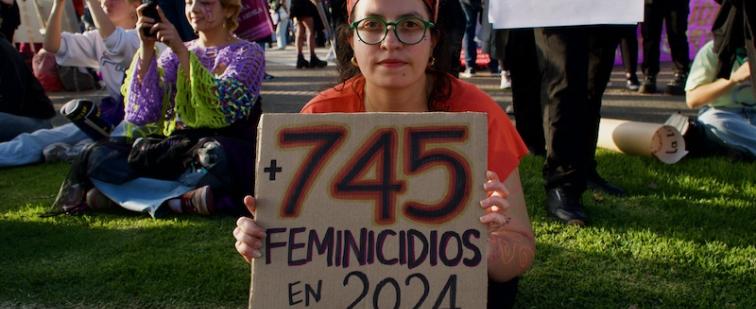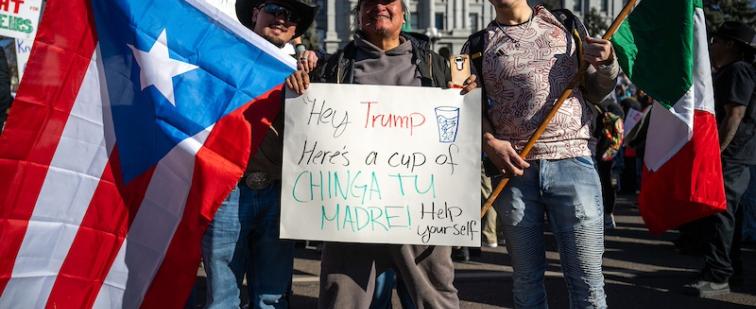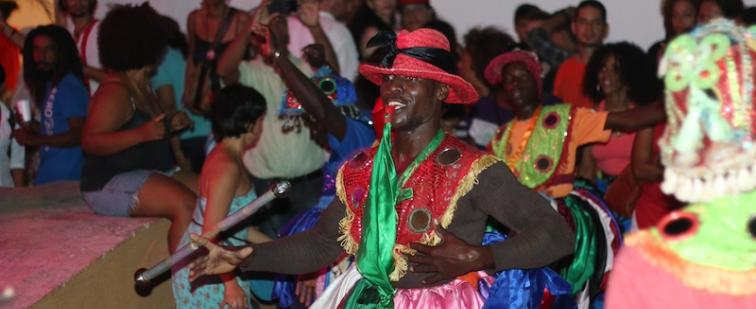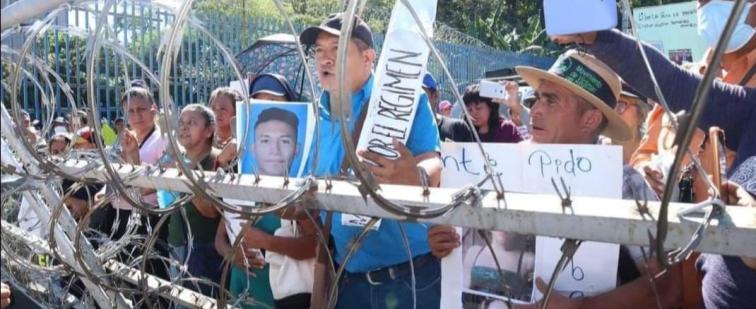Home
Border Wars
August 17, 2011
U.S. Immigration and Customs Enforcement promised in June to be more discriminating in terms of who it targets for arrest and deportation. A recent raid of a home in southern California, however, shows the hollowness of the pledge. It also displays the inherent dangers of the immigration policing apparatus for civil and human rights.
Mexico, Bewildered and Contested
August 16, 2011
I blogged last week about the Obama administration’s attempt to control drug-war damage by regulating the flow of arms southward across the U.S.-Mexican border. This week we will look at a contradiction: The President’s people seek to control the damage, but at the same time they want to up the ante. You can’t go both ways at the same time.
Cuadernos Colombianos
August 15, 2011
Over the weekend thousands of campesinos, indigenous, and Afro-descendants gathered in the city of Barrancabermeja to call on the Colombian government and the insurgency to begin peace negotiations. The insurgency has expressed their willingness to talk, but the Santos government has yet to even explore the possibility. In order to understand why, we have to analyze the core obstacles that have confronted government peace negotiations with the FARC and the ELN since the mid-1980s.
Rebel Currents
August 12, 2011
Next Monday, representatives of three indigenous groups and their supporters will begin a 375-mile trek from the Bolivian lowlands to the capital of La Paz, to protest the government’s plan to build a highway through their ancestral homeland. The march opens a new chapter in the increasingly conflictive relationship between leftist president Evo Morales and the social movements that brought him to power, and could be another defining moment for the MAS government.
August 10, 2011
A human rights caravan arrived to Mexico City on August 1 to demand that the Mexican government put a stop to the violence against undocumented migrants. Thousands on their way to the United States are kidnapped in Mexico each year, and recently it’s gotten worse. Violence has increased against both migrants and the advocates who provide them with basic services along their route.
Border Wars
August 10, 2011
Given the impossibility of U.S. drug interdiction efforts in the borderlands, the beauty of the drug war for those championing—and profiting from—its undertaking is that there can never be enough resources. In this regard, nothing succeeds like failure.
Mexico, Bewildered and Contested
August 9, 2011
This coming Sunday—or so the U.S. Justice Department has ordered—gun dealers in the four U.S. states that border on Mexico will be required to report sales of two or more high-powered rifles to the same person within any five-day period. The idea is to stem the flow of military-style weapons from the United States to Mexico, where such weapons have been implicated in some of the most atrocious excesses of the crime wars, and cannot be legally sold to private individuals. The National Rifle Association (NRA), of course, is suing to block the order.
Cuadernos Colombianos
August 8, 2011
During the government of Álvaro Uribe Vélez, Colombian courts defended their independence and the separation of power by holding the executive and the legislative branches accountable to the rule of law. This position sparked a power struggle in the Colombian government that is far from over. Now, the government of President Juan Manuel Santos is attempting to trim the power of the Supreme Court alongside the other courts.
Border Wars
August 5, 2011
Latino households in the United States experienced a record decline in wealth in 2005-2009. It looks like U.S. immigration and border enforcement is significantly to blame.
Rebel Currents
August 5, 2011
Last week, after a wave of popular protests, the Salvadoran legislative assembly voted to repeal controversial Decree 743 which required the country’s highest judicial body to reach decisions by unanimous consent. The action ended two months of political turmoil, averted a constitutional crisis, and represents a victory for civil society that strengthens the role of democratic institutions in El Salvador.












